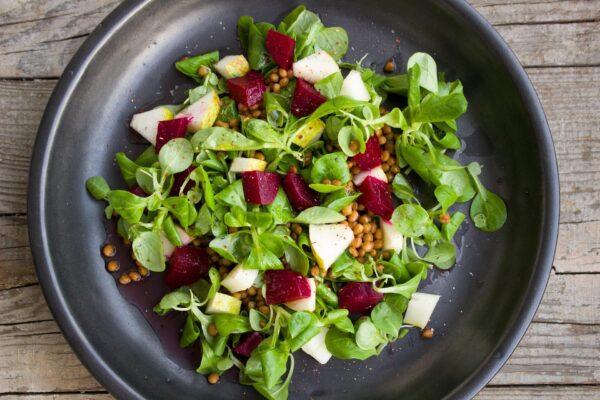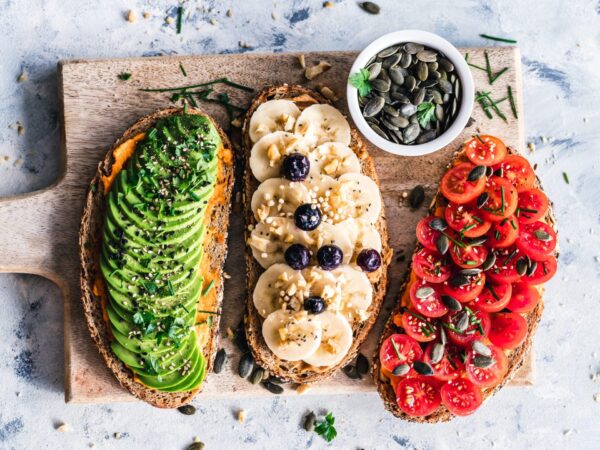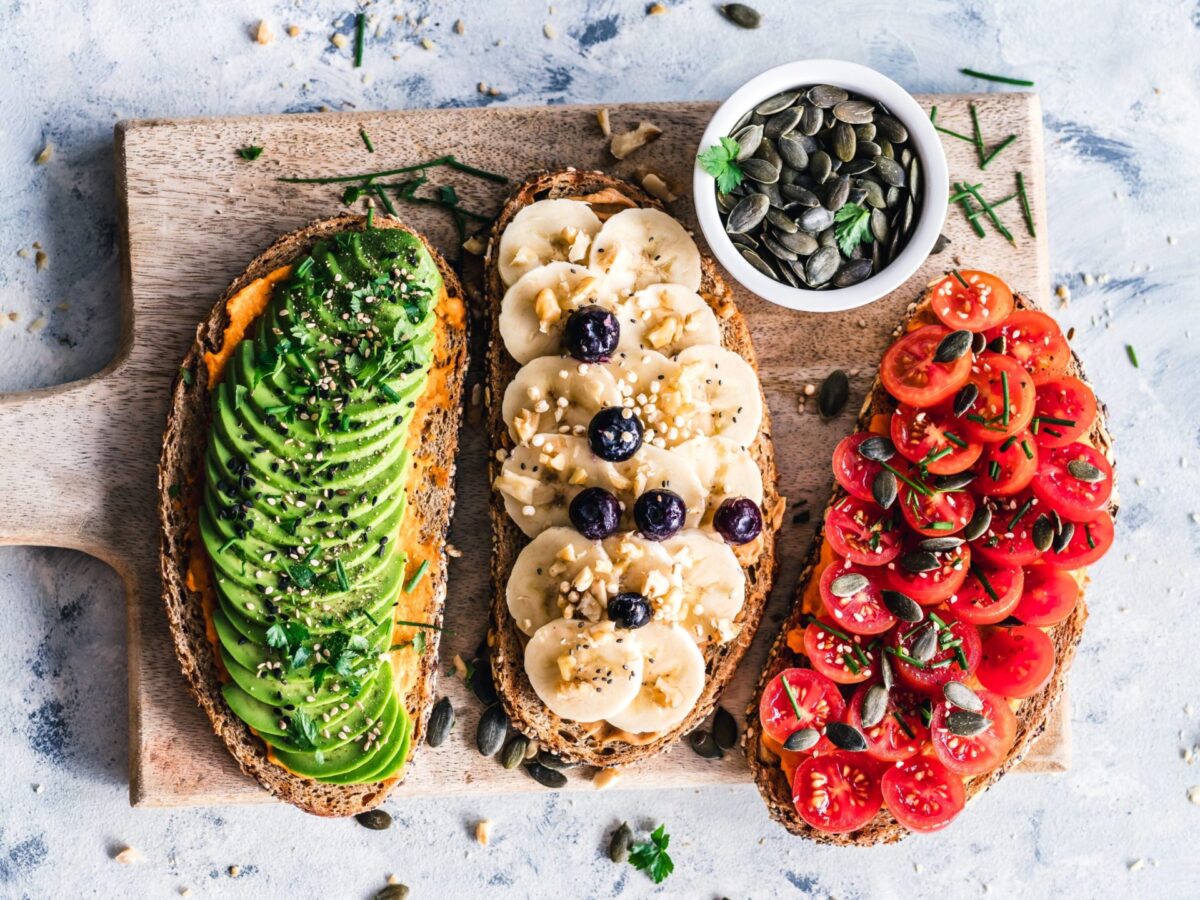Switching to a vegan lifestyle might seem frightening, but the prospect of making such a significant lifestyle shift is frequently harder than the actual act of doing so. The transition to veganism will seem natural if you focus on one adjustment at a time. It’s crucial to move at your own pace and use a way that suits you best.
Here are some suggestions and recommendations for structuring your vegan transition. Keep in mind, however, that you need to adjust them to your unique requirements.

First Steps
Making little changes to your everyday meals is one of the simplest ways to increase the quantity of plant-based foods in your diet. Increase your consumption of whole grains, beans, peas, nuts, seeds, and tofu. Make sure you know how to prepare, store, and utilize them.
Begin gathering vegan recipes that appeal to you and experimenting with them. Get acquainted with creating a few different quick and easy vegan meals that you love. Replace the milk with a non-dairy option like almond or soy milk. Most people will find this a simple
change, but there are many possibilities to choose from, so experiment to see which you like.
Check to see if you’re lacking in any essential nutrients. Veganism does not imply that you are completely healthy, as there are vegan variants of practically every form of junk food imaginable. Choosing a balanced diet that contains all of the vitamins and nutrients you require will be a joy if you consume a broad range of appetizing plant foods.
Try Something New
Experiment with different cuisines and flavors to give your taste buds a new experience. Getting out of your normal routine when it comes to dining will take you on a gastronomic journey. Vegan dishes may be found all over the world in millions of variations. Whatever your culinary preferences, you’ll find delicious new meals as well as creative twists on classic favorites.
You can check out some mouth-watering recipes at The Kitchen Community and assure yourself how delicious these meals can taste. You don’t have to be a Michelin-starred chef to do this, though. You’ll be surprised how many dinners you can prepare using ingredients you already have or supplies from your local supermarket.
Essential Vitamins
If you go vegan, make sure you obtain enough vitamin B12 – which is found in meat, eggs, and fish – since you will feel weary and weak if you don’t. Fortified foods, such as dairy substitutes, morning cereal, dairy-free spread, and yeast extract, provide B12. You can also take a B12 vitamin, which is available at most pharmacies and health food stores.
Consider your calcium intake. Fortified plant milk has the same amount of calcium as cow’s milk, while fortified yogurt alternatives, calcium-set tofu, and calcium-fortified soy and linseed bread are also excellent sources of calcium. You may also want assistance in obtaining sufficient iron and zinc. A dietician can assist you.
Calcium is an important mineral for bone health. Calcium levels may be maintained by eating tofu, pesto, and leafy greens. Vitamin D protects against cancer and several chronic illnesses, as well as helps to strengthen bones and teeth. Vitamin D levels can be raised by eating vitamin D-fortified foods and getting enough sun.
Zinc is necessary for the immune system as well as the repair of DNA damage. Zinc is abundant in beans, nutritional yeast, almonds, and oats.
Proteins
Protein-rich animal products, such as eggs and dairy, aid in the development of healthy bones, skin, muscles, and organs. However, there is no empirical proof that vegans who eat a well-balanced plant-based diet don’t obtain enough protein. Soy, whole grains, legumes (peas and beans), nuts, and seeds are all abundant in protein-rich plants.
Carbohydrates are abundant in fruits, vegetables, and grains, which should account for 45 percent to 65 percent of your daily calories. Carbohydrates derived from processed grains (white rice, white flour) or added sugars (candy, beverages) can be vegan, but they’re devoid of nutrients.
These high-calorie carbohydrates can cause weight gain and a variety of other issues, so try to avoid them.

Reading Labels
Grocery shopping is the most critical skill for new vegans to learn. You’ll have great vegan food on-hand anytime you become hungry if you keep your refrigerator and cupboard stocked with excellent vegan goods.
For a new vegan, shopping outside of the vegetable section might be challenging. Animal-based products are included in many seemingly benign canned and processed foods. Look for ingredients like gelatin used in sweets and puddings, bone char (found in certain sugars), and fat on food labels.
Vegan Shopping
Vegan goods are far more plentiful at natural food stores than in supermarkets. They usually have a nicer produce department with higher-quality fruits and veggies as well. Your natural food store’s bulk area can help you save a lot of money.
When you buy staples in bulk, such as rice, beans, almonds, and morning cereal, you save a lot of money. Fancier bulk commodities, such as coffee, seaweed, chocolate, and a vast variety of spices, are also available at amazing costs.
Follow Your Pace
How soon you transition to a vegan diet is mostly determined by how rapidly you try new items. The faster you progress, the more new meals you sample. You don’t have to go completely vegan overnight.
While some people switch to a vegan diet right away, others take months or years to adjust. Don’t put too much emphasis on quickness. Instead, concentrate on making the experience simple and enjoyable.
Benefits
Vegan meals have fewer calories than animal-derived foods, making it simpler to maintain a healthy weight without constantly calorie-counting. Vegan meals have much less saturated fat than animal “products,” and several studies have revealed that vegans have lower BMIs than non-vegans.
Vegans have lower blood sugar levels than non-vegans, and their risk of getting type 2 diabetes is reduced by up to 78 percent, according to research. Consuming a variety of nutritious plant-based meals can also assist to reduce the risk factors for diabetes, such as obesity.
Veganism will become natural and easy if you trust in yourself. Sticking to your guns is always a better option than going against your will. Take each day as it comes, and remember to do things along the way that remind you of the benefits of being a vegan.

